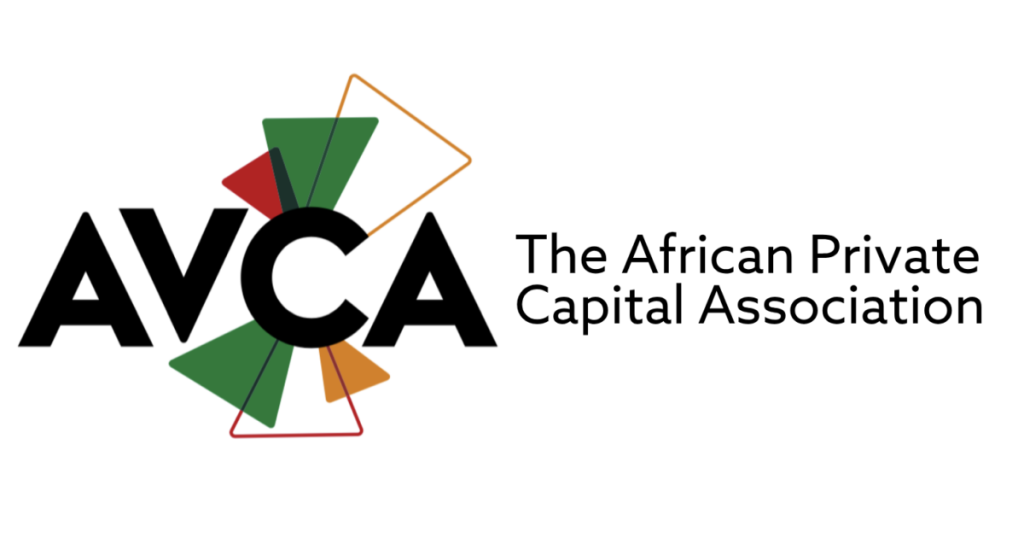The African venture capital landscape in 2024 experienced a market correction, mirroring global trends but with a delayed impact. While the continent secured $3.6 billion in venture capital funding, including a significant $1 billion from venture debt, this represented a 22% decline in deal value and a 28% drop in deal volume compared to 2023. This downturn, sharper than the global average, can be attributed to the lagged effect of global economic headwinds, including inflation, supply chain disruptions, and geopolitical instability, which impacted Africa later than other regions. Despite these challenges, the presence of venture debt as a substantial portion of the funding highlights a strategic shift in the market, offering startups an alternative financing avenue during a period of tightened traditional venture capital. The report published by the African Private Capital Association (AVCA) underscores the resilience of the African venture ecosystem in the face of these global pressures.
A key trend in 2024 was the rise of venture debt, representing 37% of total VC deal value despite comprising only 12% of deal volume. This signifies a growing appetite among investors for this asset class, providing startups with an alternative funding mechanism and suggesting a maturing investment landscape. Geographically, West Africa continued its dominance, accounting for 23% of total deal volume, with Nigeria leading at 16%. The “Big 4” markets – Nigeria, Egypt, Kenya, and South Africa – collectively represented a significant portion of both deal volume (55%) and value (64%), reinforcing their position as key investment hubs on the continent. The continued concentration of venture capital activity in these regions highlights the presence of established ecosystems and infrastructure that attract investors, although efforts to broaden investment across the continent remain crucial for more inclusive growth.
Sector-wise, financial technology (fintech) maintained its dominance, attracting 116 deals and securing $1.4 billion in funding, representing 34% of all tech-enabled rounds. However, diversification beyond fintech was also evident, with Clean & ClimateTech experiencing significant growth, rising to 13% of tech-enabled deal volume, up from a five-year average of 7%. Furthermore, Artificial Intelligence (AI) emerged as a prominent sector, securing 42 deals worth $108 million, highlighting the growing interest in innovative technologies across the continent. This diversification signifies a broadening maturity within the African venture capital ecosystem, with investor attention expanding beyond the traditionally dominant fintech sector to encompass areas with significant growth potential and societal impact.
A significant development in the African venture capital landscape is the increasing role of African investors. They now represent the largest investor group, contributing 31% of the total investor pool, a substantial increase from 19% a decade ago. This growth highlights the increasing availability of domestic capital and the growing confidence in the continent’s potential. While overall investor participation experienced a decline of 21% from 2023, reaching 614 active investors, the growth of African investors signals positive long-term prospects for the ecosystem’s sustainability. This shift towards greater domestic participation signifies a maturing market that is increasingly driven by local capital and expertise, reducing reliance on external funding sources and fostering greater ownership of the continent’s growth trajectory.
The fundraising environment demonstrated remarkable resilience despite global headwinds. Eight funds successfully closed, raising $736 million in 2024, a 41% year-on-year increase. Since 2015, a total of $2.7 billion has been raised across 41 funds, reflecting a compound annual growth rate (CAGR) of 25%. This robust fundraising activity underscores the long-term confidence in the African venture capital market, even amidst global economic uncertainties. The ability of funds to attract significant capital demonstrates the compelling investment opportunities presented by the continent’s burgeoning startup ecosystem and the continued belief in its long-term growth prospects.
The exit landscape also showed signs of progress, with 138 exits recorded between 2019 and 2024, demonstrating a clear upward trend. Trade sales remained the dominant exit strategy in 2024, accounting for 84% of all exits with an average holding period of 3.8 years. While the number of exits remained flat at 26 in 2024, the overall upward trend over the past five years indicates an improving environment for investors seeking to realize returns. This development is crucial for attracting further investment into the ecosystem and fostering a healthy cycle of investment and exit, which is essential for long-term sustainability and growth. Overall, despite the challenges of 2024, the African venture capital ecosystem has shown resilience and adaptability, positioning itself for continued growth and innovation in the years to come.














